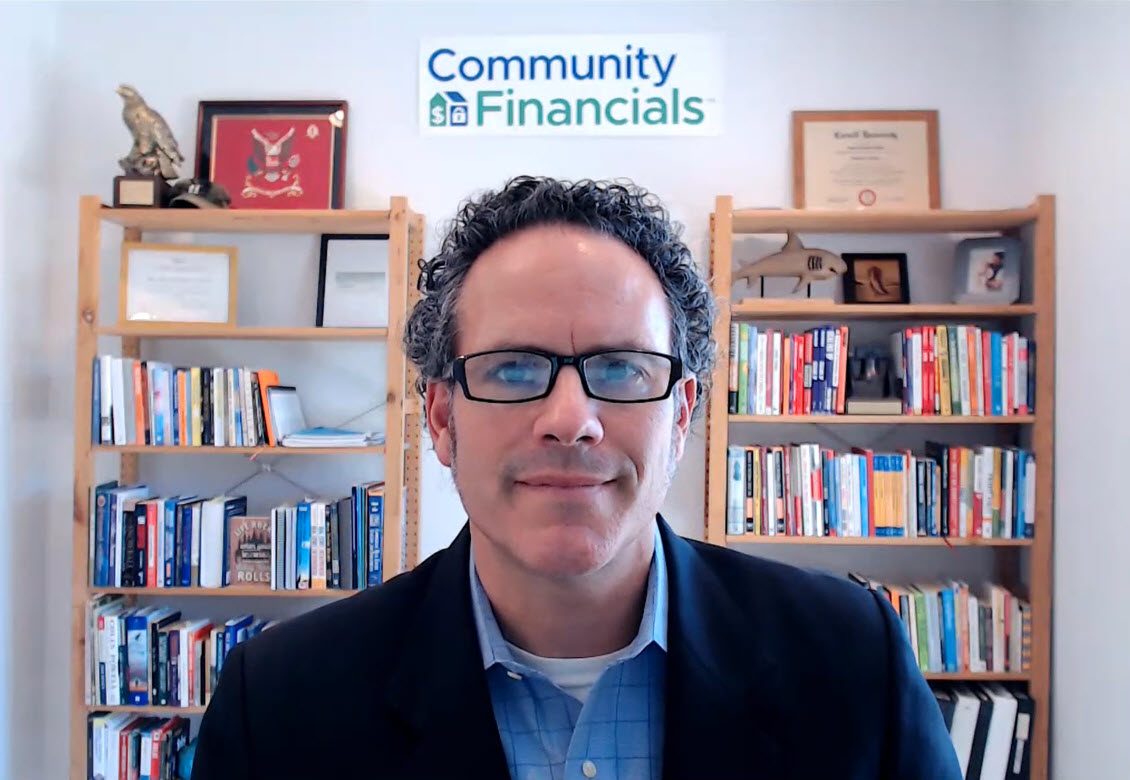How Much Money Is Recommended to Keep in a HOA or Condo Operating Bank Account
Managing Operating Account Finances
We frequently are asked about how much money is recommended to keep in a HOA or Condo operating bank account. The answer varies as each HOA is unique (different sizes, different structures and amenities) and so has different financial needs. However, there are some rules of thumb and principles to keep in mind when you are figuring out what is right for your community.
What Do We Plan For?
Generally, it is recommended to keep enough funds in the operating account to cover the HOA’s monthly expenses, including maintenance, landscaping, utilities, insurance, and other operational costs.
Experts often advise HOAs to maintain a cushion equal to three to six months of operating expenses, to ensure that the HOA can continue to meet its financial obligations in the event of unexpected expenses (such as those due to emergency situations), a significant increase in insurance (or a change in terms like bills now due in a lump sum) or declining revenue (increasing delinquencies and slower payments due to a recession).
We recommend maintaining a higher level of funds in your HOA’s operating account rather than conducting special assessments that are harder for homeowners to budget for.
What We Recommend HOA’s to Do
We recommend maintaining a higher level of funds in your HOA’s operating account rather than conducting special assessments that are harder for homeowners to budget for.
One note on special assessments – if you are doing it due to a weather-related emergency, more snow than expected, or a hurricane, it’s a best practice to assess for this when the weather event is still in the homeowner’s memory. For example, for over-budgeted snow removal don’t special assess in July and August when owners have long forgotten the historic snowfall.
Additionally, do not use reserve funds to fund your operating budget’s needs. Reserve funds are sacred and held separately for planned capital improvement replacements and projects (Community Financials requires 2 board members to approve moving money out of a reserve account – a statutory requirement in many states). We also feel the same way about taking a “loan” against the reserve fund to be paid back later, which oftentimes does not happen. Often, the next elected Board is critical of your Board’s performance or convinced there was potential embezzlement since the reserve balance is much lower but no capital projects were completed.

Lastly, we often get panicked last-minute calls and emails from Boards saying we need to transfer funds today to cover an expense or we have to pay a bill but don’t want the payment to bounce. If the Board wants to avoid the extra stress and work created by these fire drills the best solution is to keep a higher balance in the operating account. You may not earn a low amount of interest income over the course of the year but you’ll save your sanity.


